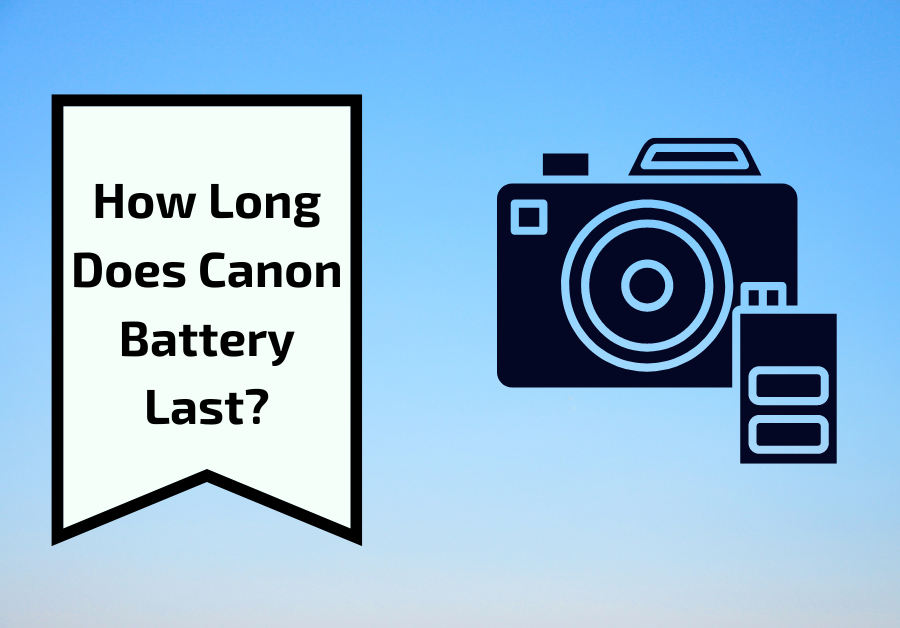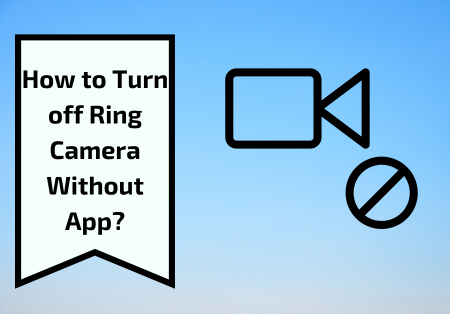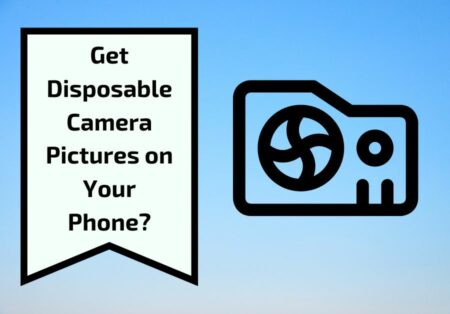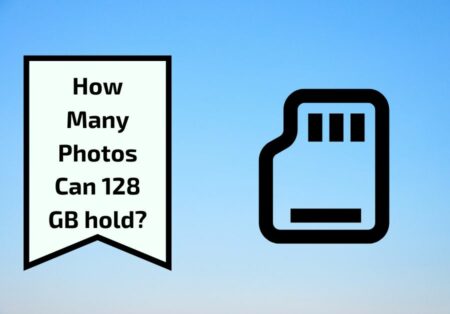The life of Canon battery how long does a Canon battery last? This is a question that many Canon users might think or for those who are planning to buy a new canon camera. Canon battery life can differ depending on the model of Canon camera you have. Some Canon cameras have a longer battery life than others. If you are planning to travel with your camera, it is important to know how long the battery will last. Most Canon cameras have a travel mode that helps conserve battery life.
If you wonder, how many shots your Canon camera can take on a single battery charge, check the manual for your camera. It is also important to know how long each type of battery lasts. Canon offers many types of batteries which also include the LP-E6 and the LP-E8. The LP-E6 is a standard battery that lasts for about 700 shots. The LP-E8 is a high-capacity battery that lasts for about 1200 shots.
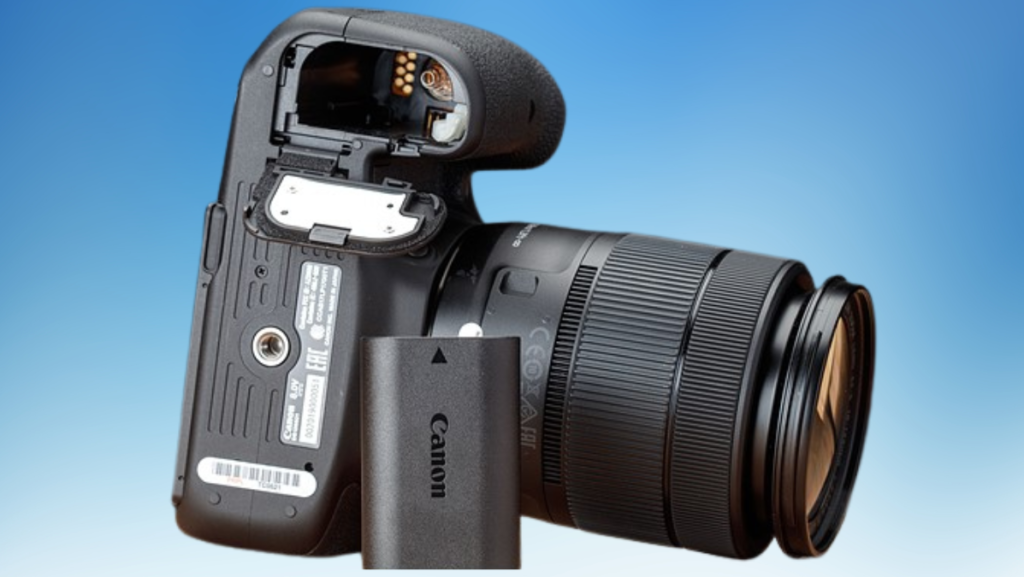
What Factors Affect Battery Life of Camera?
When it comes to your camera, one of the most important factors to consider is the battery life. After all, if your camera doesn’t have a good battery life, you won’t be able to take as many pictures or videos. So, what factors affect the battery life of a Canon camera? Let’s take a look.
1- Battery Type
There are three main types of batteries used in Canon cameras: alkaline, lithium, and nickel-metal hydride.
Alkaline batteries are the most common type of battery used in Canon cameras. They’re affordable and easy to find, but they don’t last as long as lithium or NiMH batteries. Additionally, alkaline batteries are more likely to leak and damage your camera.
Lithium batteries are more expensive than alkaline batteries, but they offer a longer lifespan and are less likely to leak. However, lithium batteries can be damaged by high temperatures, so be sure to keep your camera in a cool, dry place when not in use.
NiMH (Nickel Metal Hydride) batteries are a type of rechargeable battery utilized commonly in Canon cameras. These batteries are composed of a combination of nickel and metal hydride and use an electrochemical reaction to produce electricity. NiMH batteries have become a favorite selection for digital cameras due to their high energy density.
2- Battery Capacity
Battery capacity is an important factor to consider when it comes to the battery life of a Canon camera. The higher the capacity, the more power the camera can store, which translates to longer run times between charges.
The capacity is measured in milliampere hours (mAh), and the higher the capacity, the longer the battery life. For example, a Canon camera with a battery capacity of 1000 mAh will last longer than a Canon camera with a battery capacity of 800 mAh. It is important to consider the battery capacity when selecting a Canon camera to ensure that you have a long lasting battery life.
3- Battery Usage
As a photographer, it is important to understand the battery usage of a Canon camera and how it affects battery life. Canon cameras are built with a variety of features that can use up battery life quickly. By limiting the amount of time the LCD display is used, turning off the flash when it is not needed, and making sure the camera isn’t set to too high of a resolution, you can help preserve battery power.
Additionally, using a high quality, high capacity battery can also set you up for success. In order to get the most out of the battery and ensure you don’t miss any important shots, it is important to understand the ways in which battery usage of a Canon camera can affect its battery life.
4- Charging
Charging the battery of a Canon camera is essential for achieving optimal performance and battery life. Proper charging of the battery is necessary for preserving its longevity. To charge the battery, the user should connect the camera to an approved power source using the appropriate charging cable.
It is important to note that the power source should not exceed the recommended voltage, as this could damage the battery and reduce its life. The user should also avoid overcharging the battery, as this can cause the battery to become hot, potentially leading to battery failure. By charging the battery correctly, the user can ensure that their Canon camera battery will continue to perform optimally and have a long life.
Tips for Extending Battery Life of Canon Camera
- Avoid using your camera in extreme temperatures.
- Use your camera regularly to keep the battery from draining.
- Keep your camera in a cool, dry place.
- Keep your camera clean and free of dust.
- Follow the manufacturer’s recommended battery care instructions.
When to Replace Your Battery of Canon Camera?
When it comes to deciding when to replace your battery of your Canon camera, an important factor you should take into consideration is the battery’s life cycle. A battery’s life cycle is determined by the number of times it can be charged and discharged without losing its capacity or performance. The typical battery life cycle for a Canon camera battery is between 500 and 1,000 charge and discharge cycles. When the battery has reached the end of its life cycle, it will require replacing.
Additionally, it’s important to monitor the battery’s performance. If you notice that the battery is not lasting as long as it used to, or if the camera is not holding a charge, it’s a sign that the battery needs to be replaced.
Final Thoughts
In conclusion, there are many factors that can affect the life of your canon camera battery. It is important to understand these factors in order to ensure you are taking the necessary steps to extend the life of your battery. Additionally, it is important to know when it is time to replace your battery in order to keep your device running smoothly and efficiently. By following the steps outlined in this article, you can maximize the life of your battery and enjoy your device for longer.

